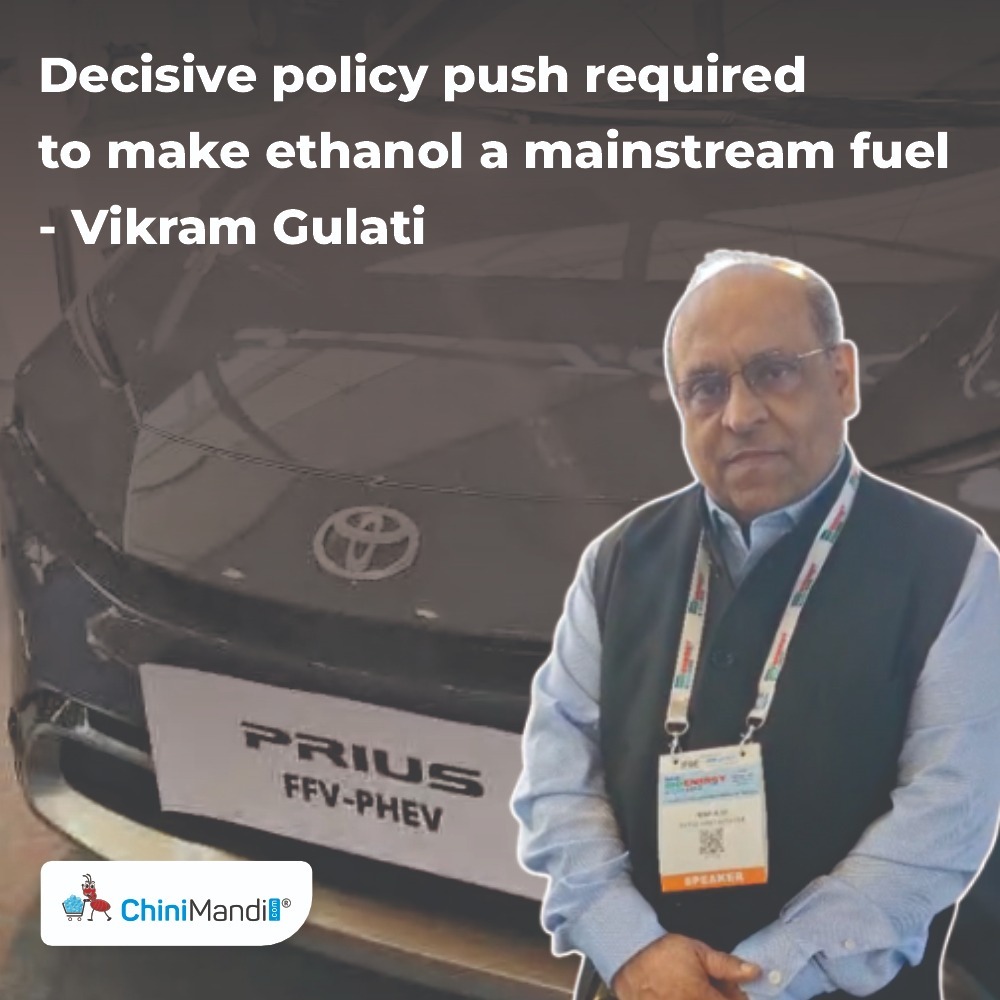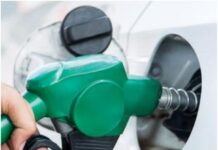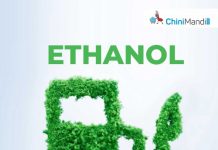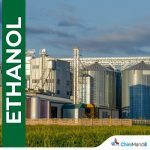India has already demonstrated the potential of ethanol blending, achieving milestones years ahead of schedule. Speaking to ChiniMandi, Vikram Gulati, Country Head & Executive Vice President (Corporate Affairs & Governance), Toyota Kirloskar Motor, said that this is just the beginning, as the country has barely scratched the surface of what is possible in terms of supply, capacity, and policy adoption.
Ethanol potential in India
He said that India’s ethanol production capacity currently stands at nearly 1800 crore litres, while the requirement for E20 blending (20% ethanol with petrol) is just 1,060 crore litres. “This means the country has the existing potential to almost double ethanol usage or effectively halve its petrol consumption in the road transport sector without much difficulty. Such capacity highlights the tremendous opportunity for scaling up ethanol use, particularly through the adoption of flex-fuel vehicles (FFVs), including the electrified FFVs which provide dual benefit of higher energy efficiency due to the electric powertrain and the higher ethanol usage through the flex engine. These vehicles can operate on any blend of ethanol, ranging from 20% to 100%, offering flexibility and resilience against fluctuating fuel prices,” Gulati added.
Lessons from Brazil
Gulati said that Brazil serves as a global benchmark, having adopted the flex-fuel approach to achieve a national average blending of nearly 50% ethanol while having E27 as the base fuel blend. He made an important observation, which he says led to the Brazilian success story, “Its success is rooted in consistent policy support, where government and industry worked in unison. India must follow a similar path, aligning ethanol adoption with upcoming CAFÉ III norms, which emphasise carbon-neutral fuels as well as making the Flex-Fuel vehicles economically viable for the consumer. Without such policy alignment, ethanol blending risks becoming counterproductive, discouraging wider adoption”.
The policy equation
Industry stakeholders have urged the government to introduce a supportive taxation structure. “While electric vehicles (EVs) already enjoy policy incentives, ethanol-based technologies (FFVs and electrified FFVs) remain burdened by higher manufacturing and technology costs. Having the same GST and road tax rates for petrol and flex vehicles inadvertently results in higher taxation for FFVs and electrified FFVs in money terms. Resolving this issue along with bringing ethanol blends under a favourable tax regime, whether through GST reforms, budget allocations, or fuel-specific levies, is critical and could make these technologies more attractive to consumers,” he said.
The auto markets have seen the introduction of Hybrid models. Gulati said that, additionally, electrified flex-fuel vehicles present an exciting hybrid model that combines ethanol and electric power. These vehicles promise lower operating costs for consumers while reducing dependence on fossil fuels, thereby enhancing energy security. The electrified flex fuel vehicles also have the lowest carbon emissions on a well to wheel basis.
Addressing consumer concerns
Recently, social media was abuzz with reports of “E20 fuel hurting vehicle engines and a reduction in vehicle mileage”. Commenting on it, Gulati said that scientific studies and extensive road tests have shown that ethanol is safe for engines and compatible with modern vehicles. While mileage may differ slightly at E20 levels, the impact is negligible compared to the broader economic and environmental benefits.
The road ahead
Gulati said that all the major automobile manufacturers (OEMs) in India have already developed prototypes of flex-fuel vehicles across both two-wheeler and four-wheeler segments. “What remains is a clear, enabling policy framework from the government. With ethanol capacity in surplus, proven global models to learn from, and prototypes ready for rollout, India stands at the cusp of a green mobility revolution”, he said.
In his concluding remark, Gulati said that the adoption of flex-fuel and electrified flex-fuel vehicles would have multiple advantages for the country: significantly cut oil imports, strengthen energy security, contribute to local manufacturing and climate goals.
He urged the policymakers to act, ensuring that ethanol moves from being an alternative to becoming a mainstream fuel of the future.


















